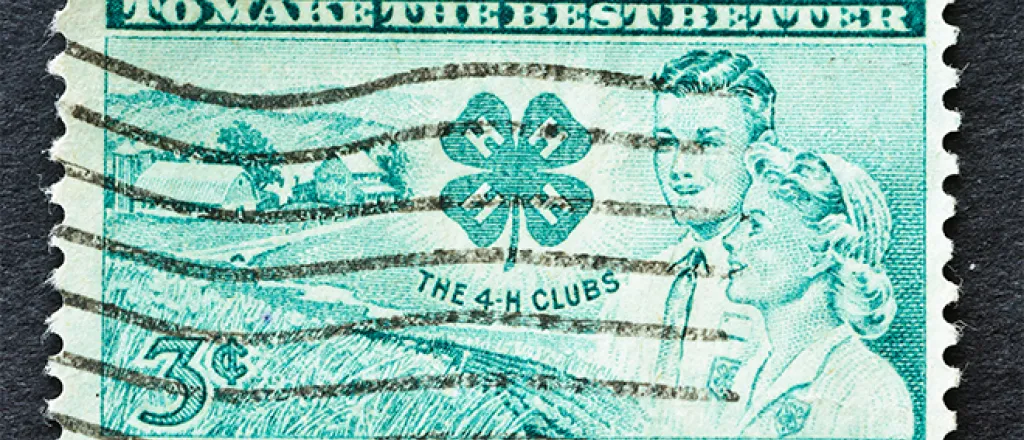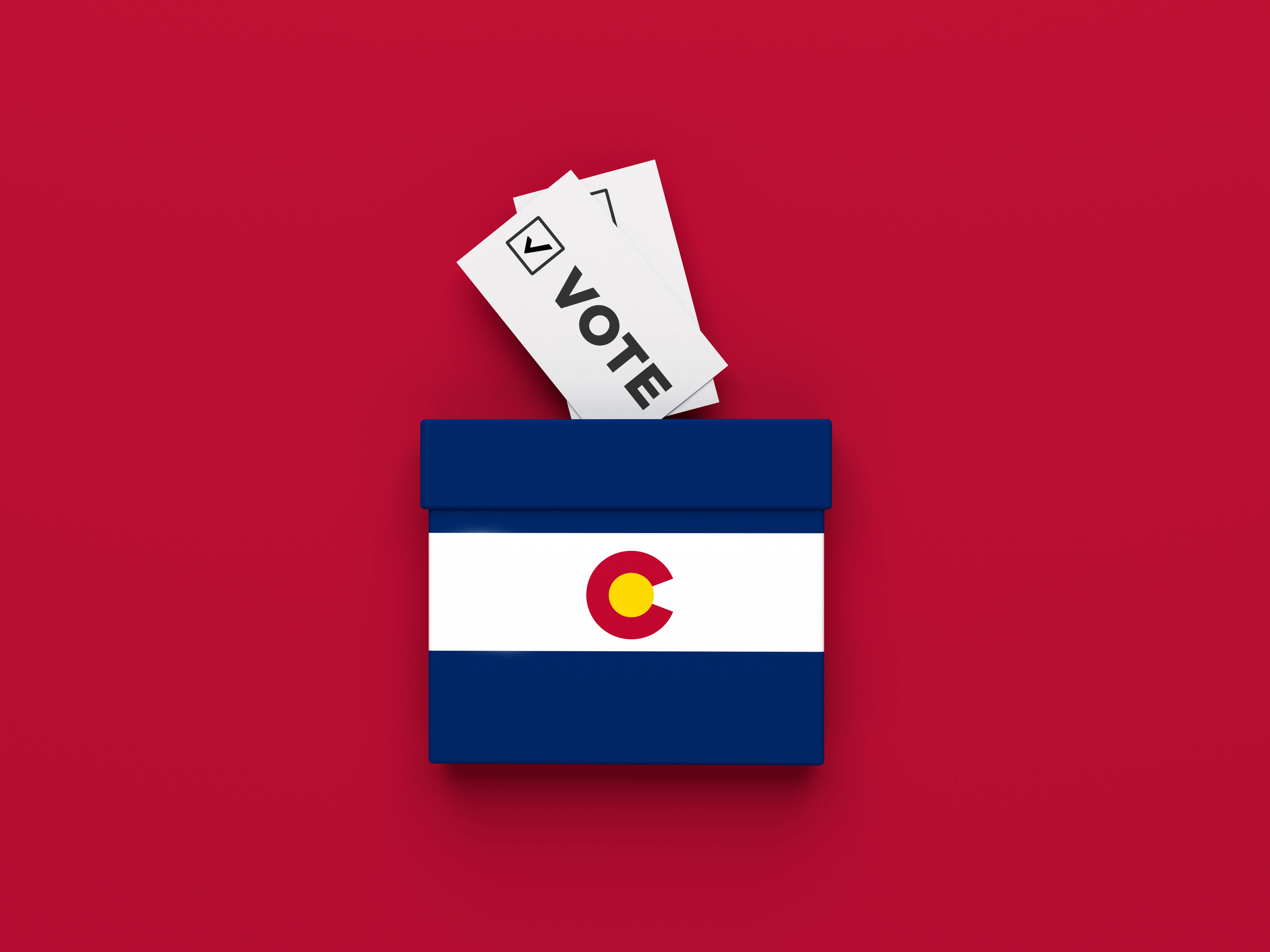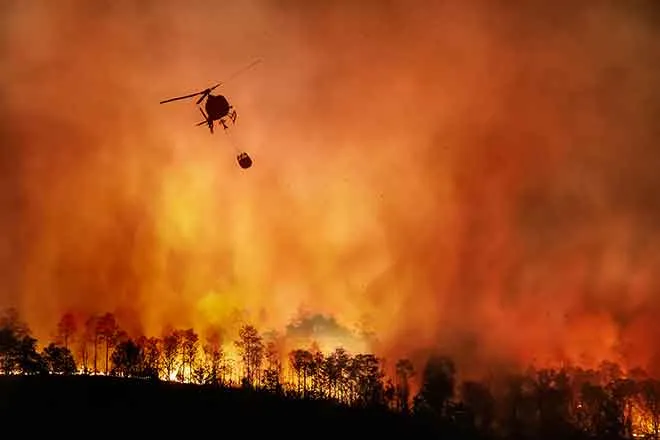
4-H members develop positive coping skills
You may have heard the statistics that 4-H members are four times more likely to give back to their community than their peers; two times more likely to make healthier choices; and two times more likely to participate in STEM activities. These statistics are exciting, but they only touch the surface. The impact of 4-H on youth goes much deeper. A survey of 6000 4-H alumni, conducted in 2019 provides evidence that “alumni benefit significantly from their 4‑H experience over the course of their lives — socially, physically, emotionally and economically (4-H.org)” and Montana State University Extension Agent, Josie Evenson, is documenting these benefits in real time with Montana 4-H members.
Through the interviews she conducted with Montana 4-H members, Evenson’s research showed that 4-H involvement positively impacted youths’ productive coping skills. Productive coping skills are those focused on solving the problem while still staying socially and physically engaged in day-to-day activities.
Evenson found that 100% of the youth interviewed attributed their “ability to cope with difficult decisions, difficult people and bad days” to the coping skills they developed during their 4-H involvement. The support system they developed with their peers and adult volunteers through the program helped them get through challenges such as losing an animal, facing criticism, or managing a project that didn’t go as planned. These Montana 4-H members cited their focus to “solve the problem, focus on the positive, and work hard and achieve” as the coping skills they gained from their 4-H experience.
Evenson’s thesis, titled “Significance of 4-H on the Development of Youth’s Coping Skills” can be found at scholarworks.montana.edu and an interview with her can be found on the “NAE4-HYDP West is Best” podcast.
Whether in Montana, or Colorado, 4-H has the ability to help youth build the strength, grit, and determination to keep moving forward. 4-H creates these opportunities for growth through afterschool, school enrichment, community clubs, day camps, district and state camps and conferences, and even national events. Projects range from cats and dogs to goats and horses, to baking, rockets, shooting sports, home design, leadership, vet science and so much more. For more information on joining 4-H, contact your local Extension Office: Baca County 719-523-6971, Bent County 719-456-0764, Cheyenne County 719-767-5716, Crowley County 719-267-5243, Kiowa County 719-438-5321, Otero County 719-254-7608, or Prowers County 719-336-773. Find us on the web at: http://sea.extension.colostate.edu/.

















